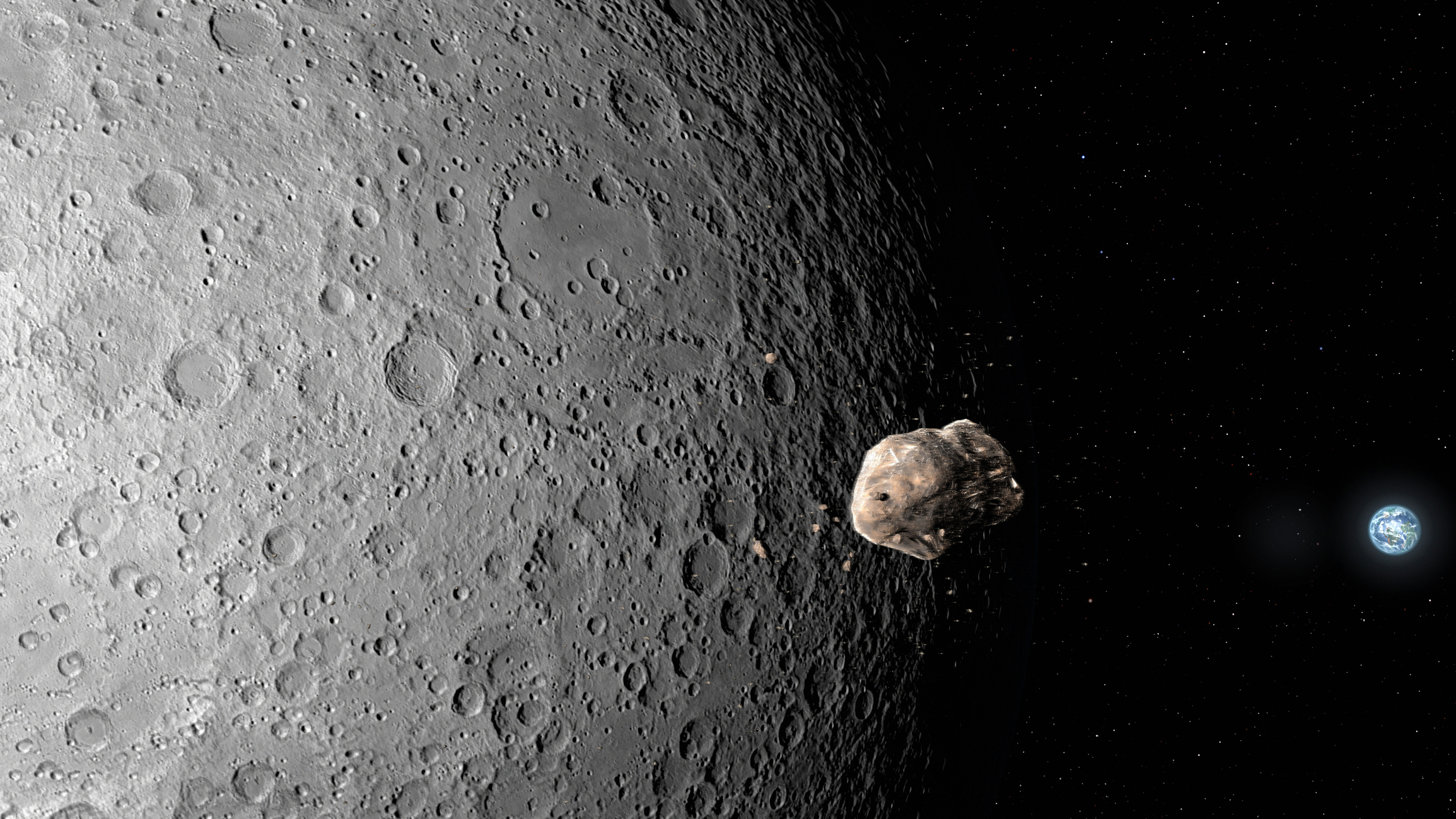Science News: Recent scientific discoveries and expert analysis
Read the latest science news and recent scientific discoveries on Live Science, where we've been reporting on groundbreaking advances for over 20 years. Our expert editors, writers and contributors are ready to guide you through today's most important breakthroughs in science with expert analysis, in-depth explainers and interesting articles, covering everything from space, technology, health, animals, planet Earth, and much more.

Explainers | Everything you need to know about the science news that matters.

Science Spotlight | Shining a light on new science transforming our world.
Latest news
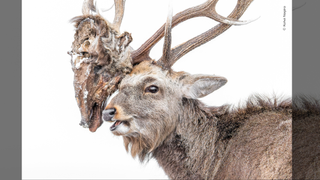
A deer carrying the rotting head of its vanquished foe and a playful lynx shortlisted for Wildlife Photographer of the Year Nuveen People's Choice Award
By Sascha Pare published
Here are the 24 images shortlisted for the Wildlife Photographer of the Year Nuveen People's Choice Award 2026.
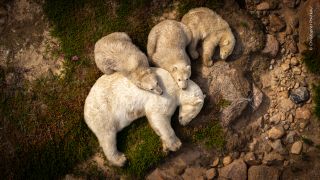
Grim photo captures polar bear mom and cubs resting in mud in summer heat
By Sascha Pare published
An image of polar bears napping along the Hudson Bay coast in Canada has been shortlisted for the Wildlife Photographer of the Year Nuveen People's Choice Award 2026.
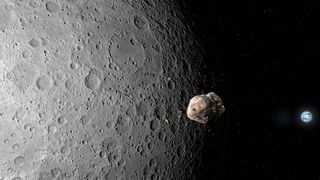
Asteroid 2024 YR4's collision with the moon could create a flash visible from Earth
By Deepa Jain published
If the building-size asteroid 2024 YR4 crashes into the moon in December 2032, the impact will produce a bright flash that may be visible to the naked eye, a new study finds.

Men develop cardiovascular disease 7 years before women
By Clarissa Brincat published
Men's heart health tends to decline earlier in life, and the difference is driven largely by coronary heart disease, which appears roughly a decade sooner in men than in women.
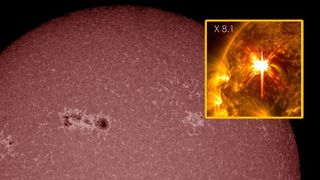
Auroras likely as most active sunspot in years turns toward Earth
By Brandon Specktor last updated
The sunspot region 4366 fired off dozens of powerful solar flares in 24 hours, including the single strongest flare since 2024. Auroras are possible later this week.
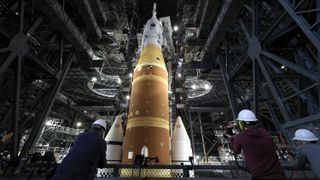
Hydrogen leak derails Artemis II wet rehearsal, pushing launch date back by weeks
By Patrick Pester published
NASA has delayed the Artemis II launch until March at the earliest after engineers discovered hydrogen leaks during last night's wet dress rehearsal.
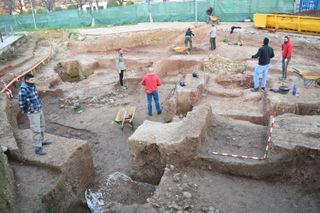
'Landmark' elephant bone finding in Spain may be from time of Hannibal's war against Rome
By Tom Metcalfe published
An elephant bone discovered in Spain may date to the time of Hannibal's battles against the Romans.
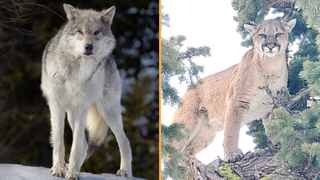
'System in flux': Scientists reveal what happened when wolves and cougars returned to Yellowstone
By Olivia Ferrari published
Large carnivores are both clashing and coexisting in the western United States. Although wolves dominate cougars and steal their prey, cougars' shift from elk- to deer-heavy diets, paired with a rugged landscape for escape, might help cougars avoid violent wolf encounters.

In the search for bees, Mozambique honey hunters and birds share a language with distinct, regional dialects
By Sarah Wild published
People searching for honey in Mozambique work with birds via a shared language in a rare case of cooperation between humans and wild animals. This language also comes with regional dialects — that appear to be driven by the birds.

Scientists smash record for superposition, bringing quantum world tantalizingly close to reality
By Rory Harris published
Researchers have demonstrated that a nanoparticle of 7,000 sodium atoms can act as a wave, creating a record-setting superposition.
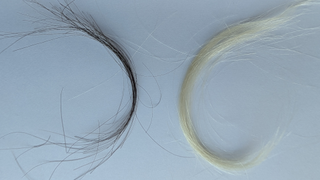
Preserved hair reveals just how bad lead exposure was in the 20th century
By Kristina Killgrove published
A new study reveals the dramatic decrease in lead exposure in the U.S. following the establishment of the Environmental Protection Agency 55 years ago.

What is Moltbook? A social network for AI threatens a 'total purge' of humanity — but some experts say it's a hoax
By Ben Turner published
A new social networking site exclusively for bots has sparked claims of AI inventing its own religion and plotting humanity's downfall. But experts say its real dangers lie elsewhere.

Enormous 'mega-blob' under Hawaii is solid rock and iron, not gooey — and it may fuel a hotspot
By Stephanie Pappas published
A new study reveals a detailed look at what lies beneath the Hawaiian hotspot.

Punxsutawney Phil predicts a long winter this Groundhog Day — but how much should we trust the prophetic rodent?
By Live Science Staff last updated
The rodent has been predicting the start of spring since 1887. But how good is Phil at his prognostications?

The Colorado River's largest tributary flows 'uphill' for over 100 miles — and geologists may finally have an explanation for it
By Sascha Pare published
Millions of years ago, the Green River carved a path through the Uinta Mountains instead of flowing around the formation. Now, researchers have discovered how this could have happened.
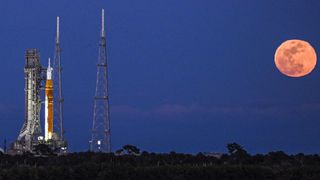
Artemis II simulated launch window opens tonight as NASA delays mission due to 'rare Arctic outbreak'
By Patrick Pester published
NASA's Artemis II simulated launch is scheduled for tonight after Arctic weather forced the mission to be delayed. The first crewed Artemis mega moon rocket could still leave Earth as early as this weekend.

'Nose-in-a-dish' reveals why the common cold hits some people hard, while others recover easily
By RJ Mackenzie published
Using a laboratory model of the human nose, scientists have investigated why the severity of common-cold infections varies so widely between individuals.
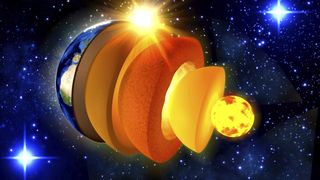
Earth is 'missing' lighter elements. They may be hiding in its solid inner core.
By Rachel Brazil, Knowable Magazine published
These chemical oddities may explain why Earth seems to be deficient in certain elements — and could prove useful in catalysts and more.

Rare medieval seal discovered in UK is inscribed with 'Richard's secret' and bears a Roman-period gemstone
By Kristina Killgrove published
The Gosfield seal is made of a medieval silver seal bezel surrounding an ancient Roman gemstone.

Stellar nursery bursts with newborn stars in hauntingly beautiful Hubble telescope image — Space photo of the week
By Jamie Carter published
A new image from NASA's Hubble Space Telescope shows the Lupus 3 cloud in Scorpius bursting with young stars that are forming within collapsing clouds of gas and dust.
Get the world’s most fascinating discoveries delivered straight to your inbox.
 Live Science Plus
Live Science Plus






